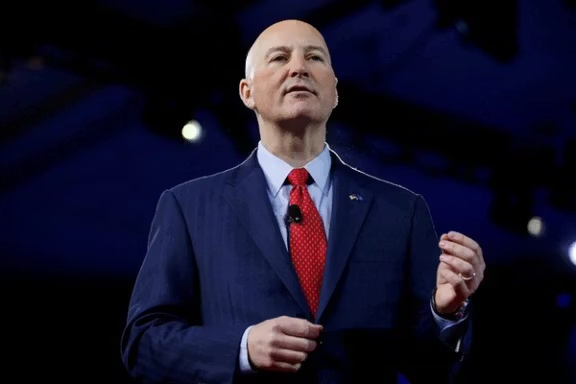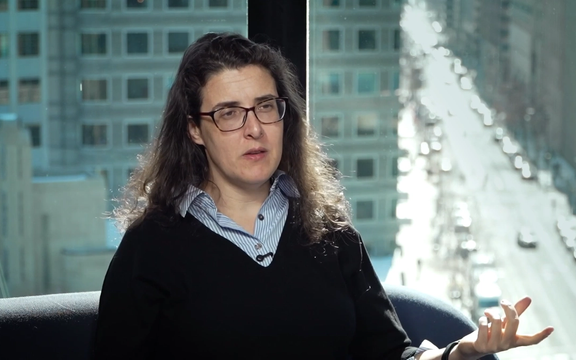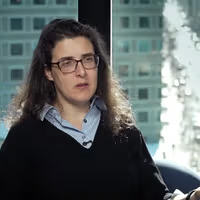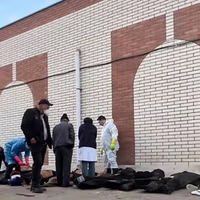“Cluster munitions are inherently indiscriminate weapons that must never be used,” said Erika Guevara Rosas, Amnesty’s Senior Director for Research, Advocacy, Policy and Campaigns.
“By using such weapons in or near populated residential areas, Iranian forces endangered civilian lives and demonstrated clear disregard for international humanitarian law.”
According to Amnesty, Iranian ballistic missiles dispersed dozens of submunitions over the densely populated Gush Dan metropolitan area on 19 June, with additional strikes verified in Beersheba on 20 June and Rishon LeZion on 22 June. One of the submunitions struck the basketball court of a school in Beersheba. No injuries were reported, but remnants found at the scene matched cluster bomblets documented in the earlier Tel Aviv-area attack.
“Civilians, particularly children, are most at risk of injury or death from unexploded submunitions,” Guevara Rosas added.
Amnesty emphasized that the high dud rate of many submunitions leaves behind long-term threats. Some ordnance may remain explosive for years, posing risks to residents returning to affected areas.
Indiscriminate weapons and legal implications
Cluster munitions, which scatter small explosive devices over a wide area, are widely banned under the Convention on Cluster Munitions. Neither Iran nor Israel is party to the treaty. Amnesty urged both governments to accede to the convention.
International humanitarian law forbids indiscriminate attacks, particularly those involving weapons that cannot be precisely directed at a specific military target. Launching such attacks into areas where civilians are present constitutes a war crime.
Amnesty said the ballistic missiles used by Iranian forces attacks were inaccurate by design. Previous assessments of similar strikes, including those launched in October 2024, found targeting errors averaging more than 500 meters.
The organization also cited past incidents suggesting Iran’s possession and testing of cluster submunitions. A similar munition landed in Gorgan, northern Iran, in September 2023 after what the Iranian Defense Ministry described as a failed weapons test. Though the ministry denied testing cluster ordnance, photographs published by state-aligned media closely resemble the bomblets found in Israel last month.
No Iranian response
Amnesty said it submitted formal inquiries to Iranian authorities on July 15 regarding the use of cluster munitions. No response had been received at the time of publication.
The 12 Day War between Iran and Israel in June resulted in the deaths of at least 1,062 people in Iran, including 786 military personnel and 276 civilians, according to the Iranian government spokesman.
"We have presented 1,062 martyrs in this war, including 102 women and 38 children," Fatemeh Mohajerani said in her weekly press briefing. She added that five paramedics, five nurses, and seven emergency responders were also among the casualties.
In Israel, at least 29 people, including women and children were killed as reported by the Israeli Health Ministry.















